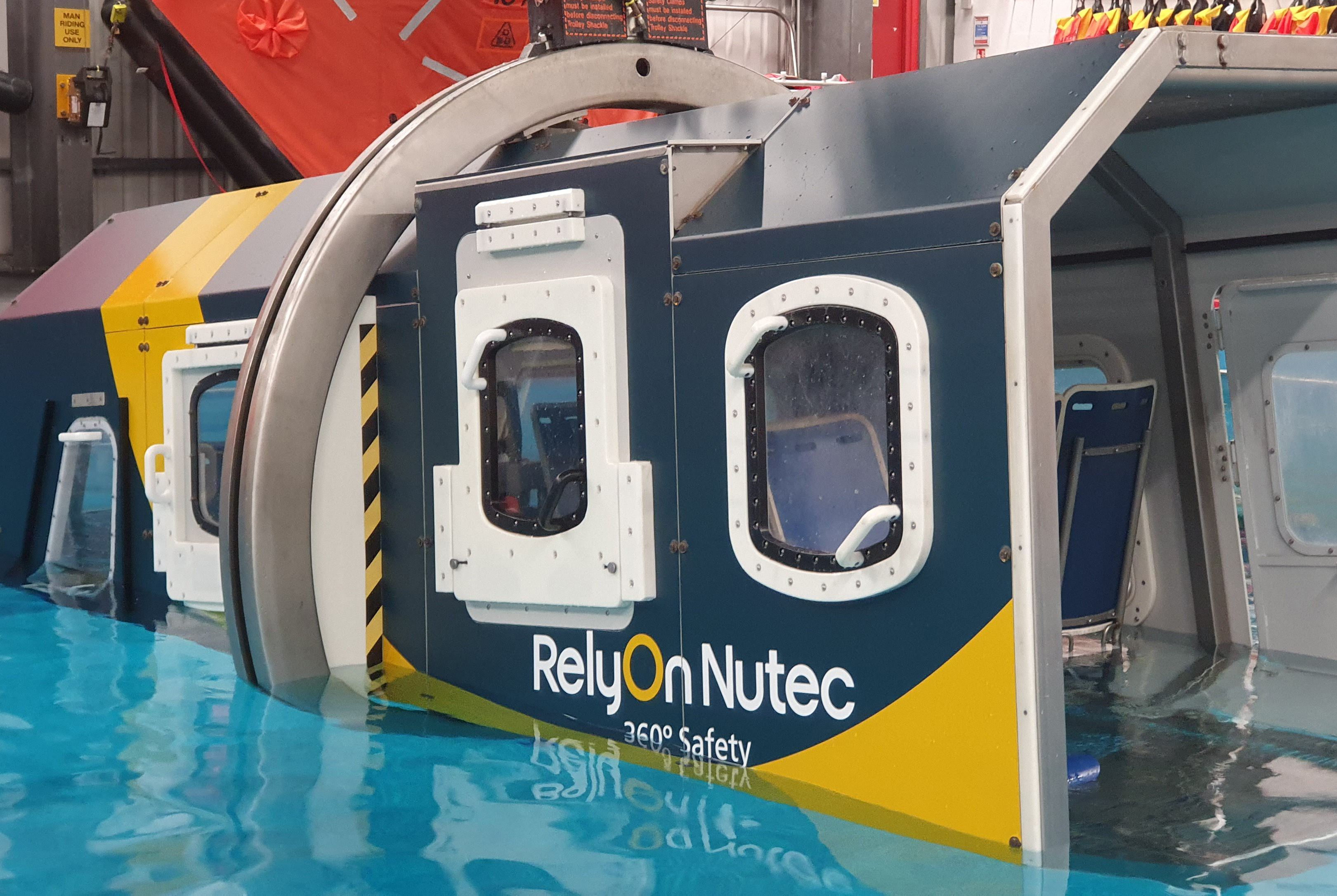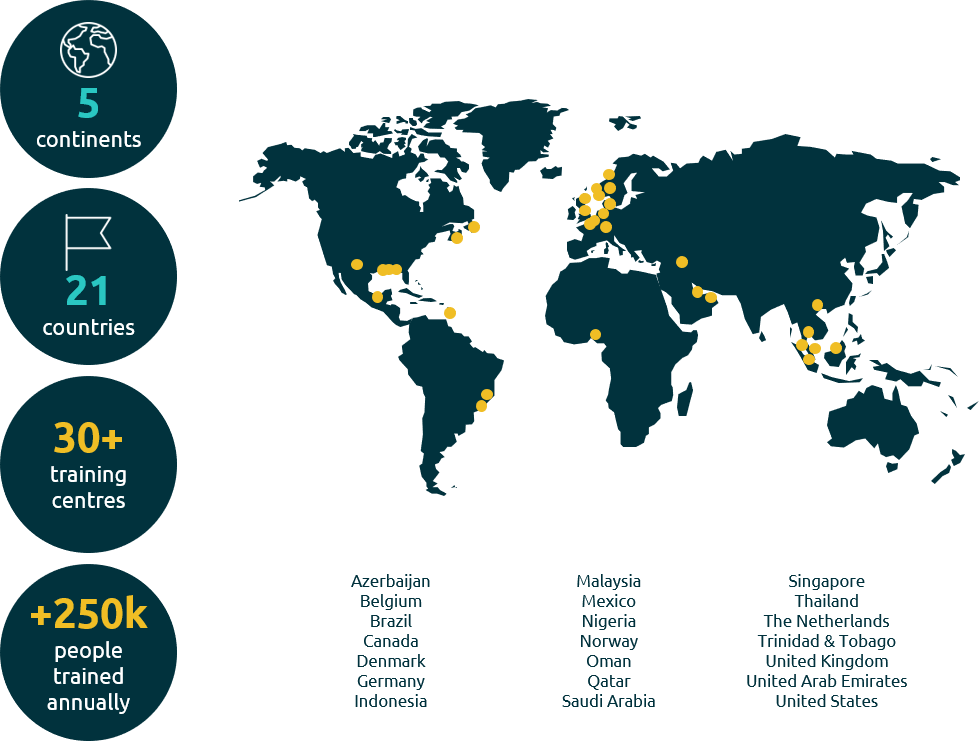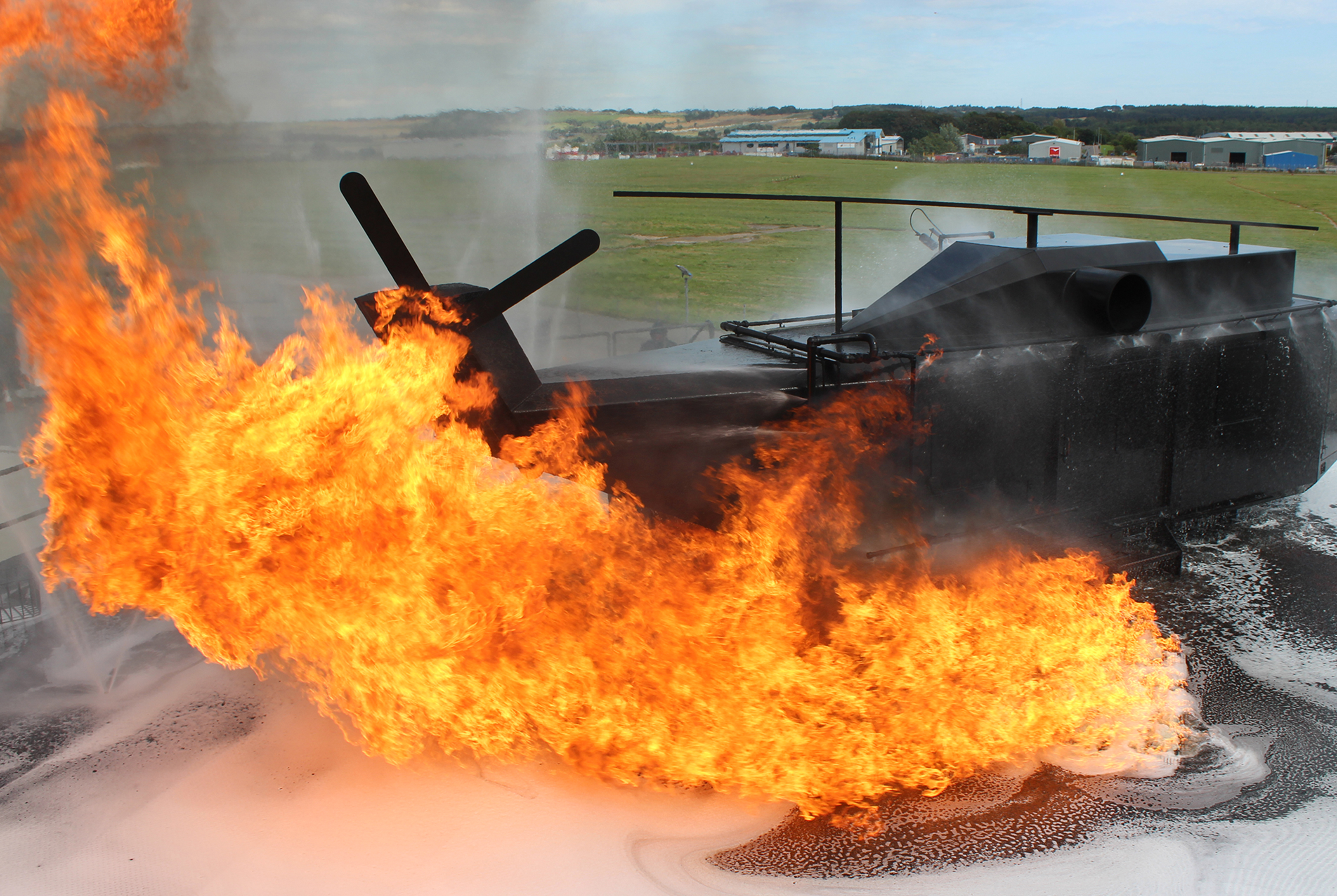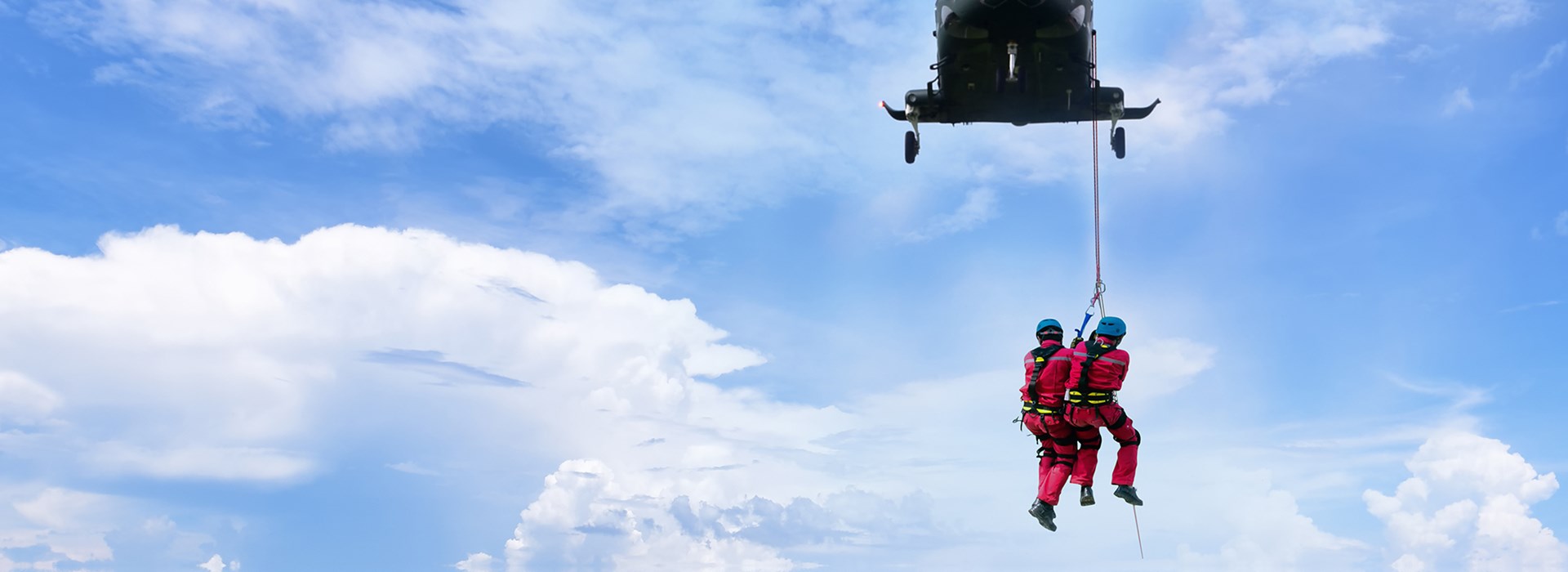Ok
What is Realistic Training
If you’ve attended an offshore survival course at RelyOn Nutec you’re bound to have heard us use the term ‘fidelity’. It runs through the very heart of our training ethos and reflects the extent to which we aim to mirror real-life situations within our training delivery.
It’s not a term exclusive to RelyOn Nutec. In fact, its basis lies in military training, from which studies demonstrate that when faced with the stress and pressure of an emergency situation, soldiers perform to a higher capacity if the pre-ops training they receive mirrors realistic combat situations.
Now let’s consider the offshore workplace and most importantly the potentially catastrophic consequences of poor decision-making in emergency situations. In high-risk industries such as ours, it’s vital that the transfer of skills from the training environment to the workplace, is both instinctual and effective to ensure a smooth and speedy evacuation of helicopter or platform.
RelyOn Nutec’s Realistic Training
The idea of realism is not new to offshore training, in fact in the UK our courses are tightly regulated and all O&G training providers train delegates to the same high standard with emphasis placed upon realism.
But at RelyOn Nutec we take it a step further and we proactively consult with industry to ensure that we keep our finger on the pulse of safety developments in the sector.
For example, a recent visit to the HM Coastguard Search & Rescue base in Inverness allowed us to get hands-on with the latest winching system, giving our operations team a valuable insight into cutting edge technologies and sector best practise. In turn, the visit gave us the opportunity to discuss SAR crew requirements for when they visit RelyOn Nutec and utilise our own training systems.
Visits such as this are so much more than just a day out for our operations personnel. Lessons learned and insights gained are discussed, analysed and put into practice to improve our training delivery going forward.
Investing in our Industry
Ongoing investment is made to our training equipment to ensure that we’re able to deliver scenarios similar to those that our delegates will experience in the workplace.
Recent examples of this include;
Helicopter Underwater Escape Trainer – there are a wide variety of helicopters used across the global energy industry, each one unique in terms of window placement and operation, seats, seatbelts etc. Our simulator has removable side panels which allow us to change out the size and shape of the windows used in training. We recently invested in Airbus H175 replica panels allowing relevant aircrew and passengers to train in a simulator which exactly mirrors the helicopter interior they’ll experience when travelling on and offshore. Similarly, seats and seatbelts within the HUET are adjustable, removeable and completely flexible to fit with specific client requirements.


Deck Integrated Fire Fighting System – platforms in the North Sea are increasingly moving towards automated fire fighting systems on their helidecks and we recently installed a state-of-the-art system at our own fire training yard in Aberdeen. Our DIFFS consists of deck mounted nozzles that propel foam across the helideck providing an effective spray distribution of foam to the whole of the landing area irrespective of wind direction. The system is safer for helideck emergency response personnel in general and is made more so when they are able to train in realistic environments such as ours.



The Outcome
The outcome is simple. Prepared, competent and confident personnel working in high risk environments are able to transfer skills learnt in the training environment to real life emergency situations more efficiently. The ultimate aim is to the make the workplace a safer environment for all by reducing the risk of injury, lowering LTI’s and ultimately protecting the lives of the workforce.
Next read
-

-

-
 Article 14. June 2024
Article 14. June 2024 -

Ensuring Safety and Efficiency: IRATA Rope Access Training for a Safer Work Environment
In industries such as oil & gas and renewables, where accessing challenging locations is common, rope access methods provide a safe and efficient solution. These methods offer technicians a secure means of navigating heights and restricted areas while minimizing environmental impact. However, proficiency in rope access requires proper training and a globally accepted safety education.
Article 4. June 2024 -

Polaris Sells RelyOn Nutec to Mubadala Capital
The acquisition, part of Mubadala Capital’s flagship Private Equity Fund IV, strengthens the asset manager’s footprint in the business services sector.
Article 24. May 2024 -

RelyOn Nutec Acquires Electrical Training and Consultancy Specialist Quercus Technical Services, Fast-tracking European Electrical Capability Build
Effective May 21st, RelyOn Nutec has acquired Quercus Technical Services BV, one of the largest specialist electrical safety and skills training organizations in the Netherlands. The acquisition of Quercus bolsters RelyOn Nutec’s position in the electrical training market and accelerates its European roll out.
Article 22. May 2024 -

-
 Article 2. May 2024
Article 2. May 2024
